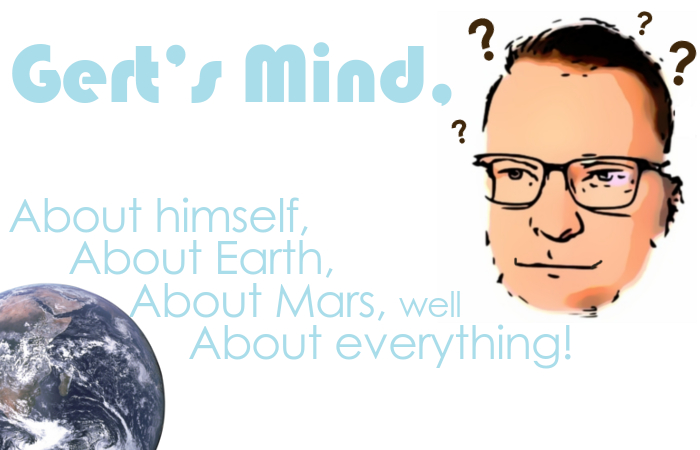 In all honesty, these days I find it difficult to come up with enough inspiration to write about Eurovision. I used to be fairly frivolous in my writings. And that’s because things were simpler pre-Corona. It was all about the reviews, judging the songs and some side banter and gossip regarding the hosting. But here we are: 2024. And a lot has happened, not necessarily positively. The growing influence of (anti-)social media, the annexation of Crimea, the Syrian refugee crisis, Brexit, the Corona pandemic, the Russo-Ukrainian War and now the Hamas-Israel War: they took place or are still shaping up our geopolitics. ■ By: Gert Waterink ■
In all honesty, these days I find it difficult to come up with enough inspiration to write about Eurovision. I used to be fairly frivolous in my writings. And that’s because things were simpler pre-Corona. It was all about the reviews, judging the songs and some side banter and gossip regarding the hosting. But here we are: 2024. And a lot has happened, not necessarily positively. The growing influence of (anti-)social media, the annexation of Crimea, the Syrian refugee crisis, Brexit, the Corona pandemic, the Russo-Ukrainian War and now the Hamas-Israel War: they took place or are still shaping up our geopolitics. ■ By: Gert Waterink ■
Geopolitics make the Eurovision organisation increasingly complex
And they are influencing the organisation and themes of huge events, like Eurovision, as well. In hindsight the entire era 1956-2019 feels like ‘the good old days’……and everything post-2019 is evolving quickly into Coco’s “The Bad Old Days”. For me, as a ‘child’ of the late 1980’s and 1990’s, 2024 feels increasingly dystopian. Even some of my writings during 2019-2024 have conclusions and themes that could be in need of a 2nd review. And that’s because even the Eurovision constants are not so…….constant anymore.
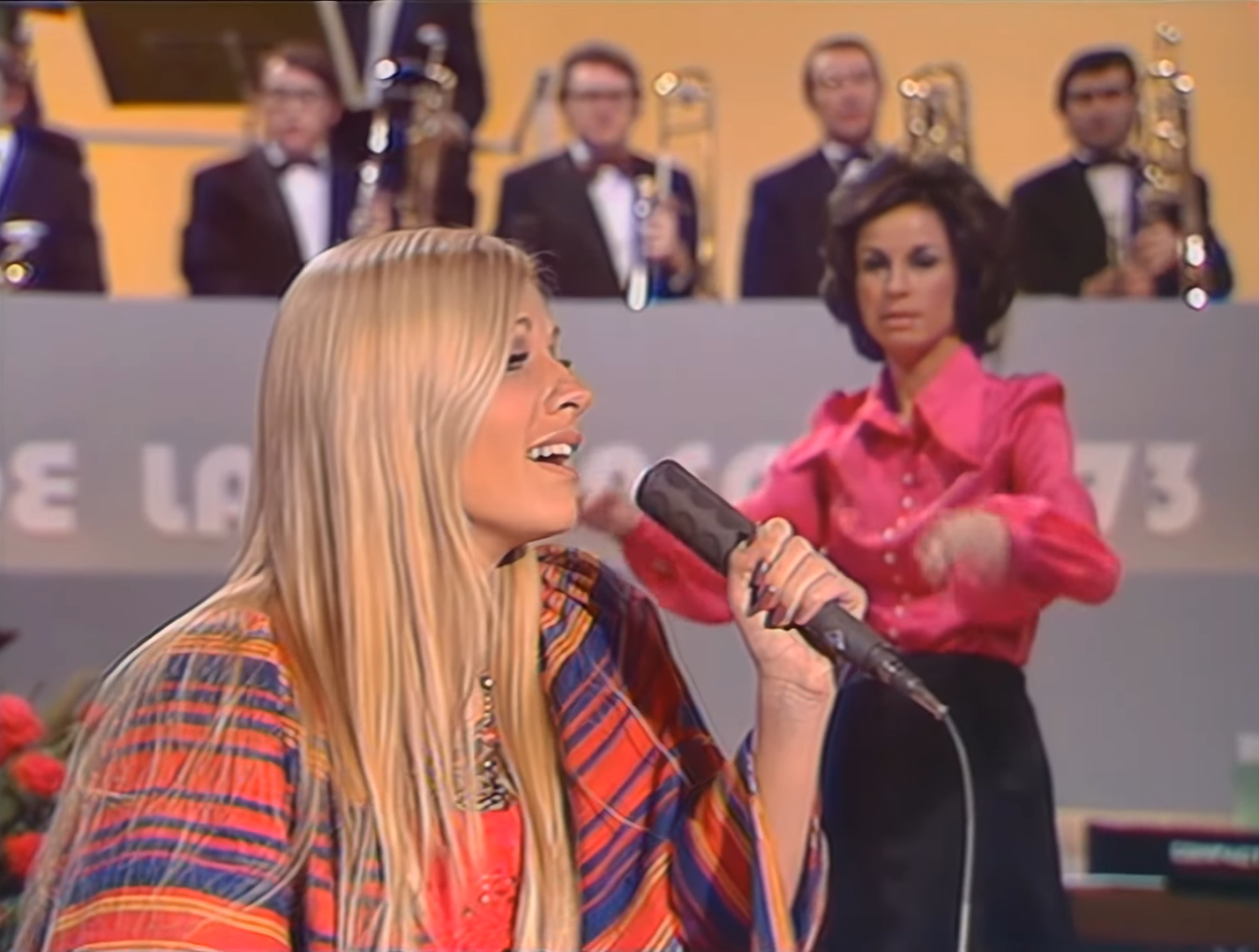
Israel’s impactful debut at the 1973 contest, with only the second ever female conductor Nurit Hirsch ■ © RTL (CLT) & EBU, 1973
The upcoming edition in Malmö is no different. I could download the TikTok app, listen more heavily to my fellow younger fans and, sometimes rightfully so, change or adjust my own opinions about world events. And then I get total clarity! This country should be banned! Just like we banned that other country back then! But sadly, with all the increased geopolitical conflicts taking place right now, and I haven’t even talked about China vs. Taiwan yet, I can’t keep up anymore! So I am automatically and increasingly turning to the following definitions; words that are especially important with regard to the science of history and social psychology: context and nuance. Yes: context, and…..nuance! And I refuse to lose sight of these words.
Eurovision nation Israel, and its historical context
Especially now this becomes important. Because Israel, a country that has been welcomed into the Eurovision family since 1973 and that has won the contest a whopping four times, faces criticism now. And rightfully so. What’s happening in the Gaza Strip right now makes my stomach turn. Just like Russia started to do back in 2022. Obviously, ever since the birth of Israel in 1948, escalations between Israelis and Palestinians were front and centre in Israel. And all this pot stirring and brewing of hate and resentment since 1948 has led to the biggest escalation to date: the start of the Hamas-Israel War on October 7th 2023. And with this war the complex fallout becomes visible too.
Independent observers accuse both sides of genocide. Whether it concerns the brutal, almost pogrom-esque maniacal terror attacks on Israel during which more than 1,400 people were killed, or the ongoing disproportional counter-attack on Gaza which killed even more innocent civilians, more than 28,000 as of today: the complexity of thís conflict exceeds the simple fact of merely stating and comparing death tolls or analyzing just one of the belligerents. While in Ukraine a bigger oppressor initiated a military annexation in a fairly one-sided fashion, the countless post-1948 conflicts on Palestine/Israel soil, and the culmination into the current ongoing Hamas-Israel War, has numbed both Palestine and Israeli governance into a form of ‘mad dog extremism’.
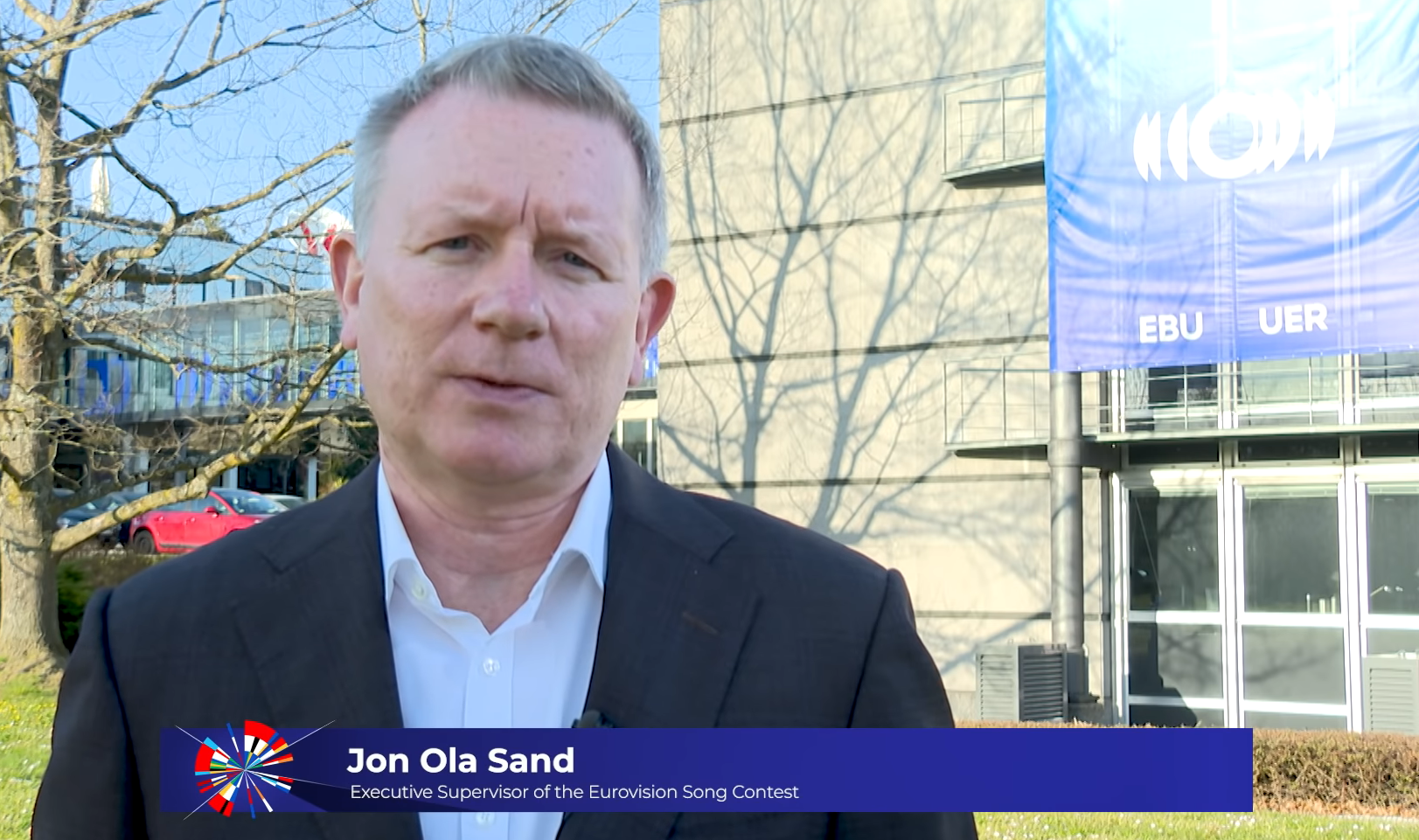
The Eurovision Song Contest is officially cancelled for the first time ever ■ © EBY, 2020
An appeal to impartial decency
Whether we talk about Hamas-leader Ismail Haniyeh or Israeli Prime-Minister Benjamin Netanyahu (who gleefully congratulated The Netherlands in 2019 with their Eurovision victory): both stand for radicalism, more authoritarian rule, extremism and populism. And they stir up animal-esque hate on their radical supporters. Both wouldn’t mind if democracy annihilates itself. And, given the audience of Eurovision, both extremist factions, already way too powerful, wouldn’t mind to abuse the LGBTQ-community in any possible way.
It is in this climate, with thís millennia old conflict, where I want to do an appeal to decency, democracy, humanity and empathy. I understand that the EBU sees a partner in Israel as a Western democracy with many European cultural ties ánd now as an historically important Eurovision participant. But given all complexities of the Israel-Palestine conflict, I wonder how Israelis themselves think about participation this year (even during Victory in Europe Day, May 9th).
Besides this war: information wars
For the ongoing information war, in which the nastiness of propaganda is front and center, this would be a pivotal question to answer. Do Israelis really care about Eurovision now so many civilians have been kidnapped? Isn’t it better to commemorate the casualties of above atrocities? Then we also needn’t to focus on the ghastly polarizing effects of this ‘side war’: the information war between Palestine and Israel via whatever social media channels. And considering the fact that we plunge from one conflict into another anyway, I am ready to embrace context and nuance even more. Let the information war between Netanyahu and Haniyeh be damned! Focus on the slogan ‘United By Music’, albeit differently.
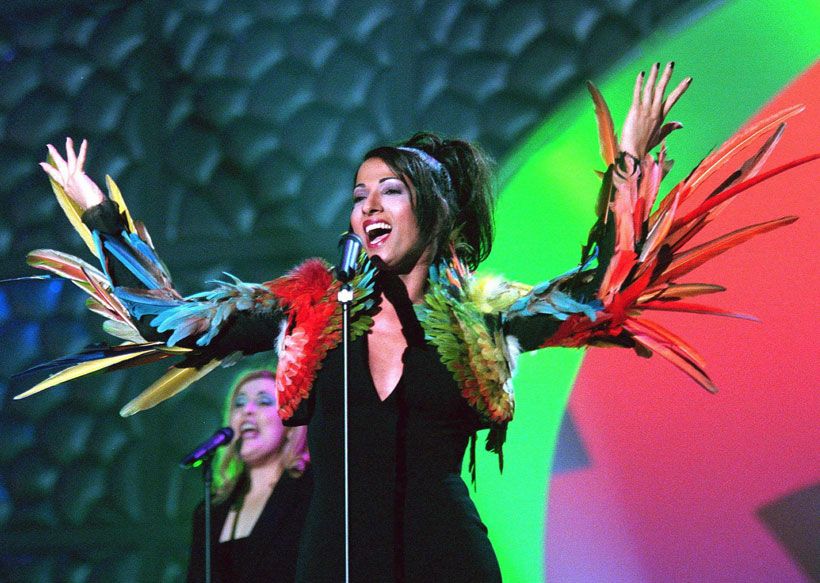
Dana International, the first ever transgender Eurovision winner, from Israel ■ © Israel Illustrated & BBC, 1998
Perhaps we really should back off from social media a bit. X nowadays is run by an increasingly whacky Bond villain anyway. And the Chinese AI-driven TikTok app (Douyin in China) is a prime sponsor of today’s contest (or have we forgotten the Uyghur Muslims….and how Douyin is facilitating that forgetfulness?). Instead we could focus more on writing (and reading) larger articles again, with context and nuance, instead of taking one-sided viral video dumps and 150-character Musk-messages for granted.
Is cancellation of Eurovision always bad?
Or more radical: perhaps we should ask ourselves to what extend we should continue organising the Eurovision Song Contest when above events start shaping Europe in an ever dystopian way. Should the contest itself exist in a flux of fixed permanency? Should it álways stay the prime constant that we fans must not touch at any cost? This is a question we shouldn’t shoot at the Israeli broadcaster; we should fire it with even heavier force at the European Broadcasting Union. Their hypocrisy becomes blatant too: “No!” to AI, but “Yes!” to AI-driven TikTok. So, at any cost, ad slots included, the contest must go on! Even if wars on this planet become more World War-esque.
But 2020 has proven that, after 64 years, a contest cán be cancelled if geopolitical (and pandemic) events become too big to ignore. And during such instances I have become more self-critical as well. Wouldn’t it be better if we put aside our music cravings and self-satisfying contest needs for a moment, and really empathize more heavily with things that matter more to humanity? With those Israelis, Ukrainians, Palestinians and Russians who réálly want peace and democracy? Because otherwise one fan’s pro-Palestine or pro-Israel tweet on X becomes so….blatantly safe, cheap and insignificant within the confinements of our attics. Whereas I wouldn’t mind another cancellation of the contest and let it return once the polarizing dust of geopolitics is finally settling a bit.
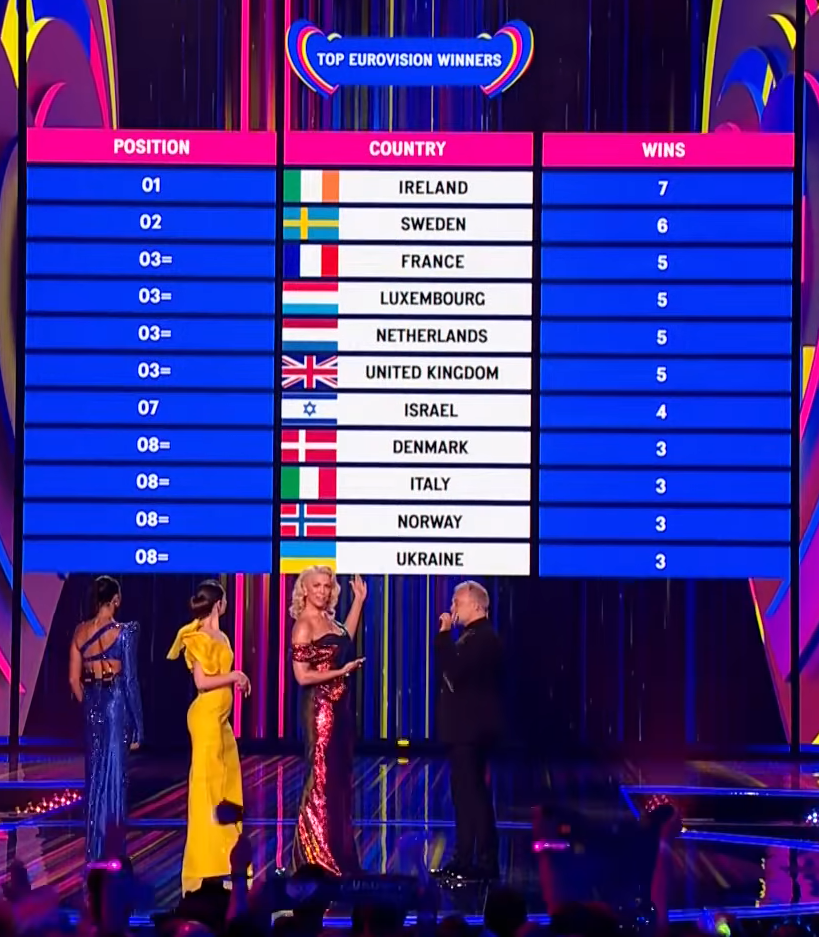
TOP 11 most succesful Eurovision countries, including off course Israel ■ © BBC & EBU, 2023
How to deal with mass events in the foreseeable future
Or should we stain the contest as much as we did during the 1936 Summer and Winter Olympics (Berlin, Garmisch-Partenkirschen)? We probably won’t see a cancellation of the contest soon again. Hyper-capitalism has become a passionate influencing buddy of democracies ánd dictatorships alike. But it’s certainly worth another discussion. And regarding the EBU? Explain the needs of óúr western democracies better, by réálly focusing on unity by music first. Either kill off every bit of polarization, including that of TikTok, ór continue earning money on the backs of all too important conflicts like the Russo-Ukrainian War and the Hamas-Israel War. Or: let ús reconsider Eurovision with context and nuance for a year or so. While I give this a thought, “Teresa & Maria” is playing in the background. But my battery….
